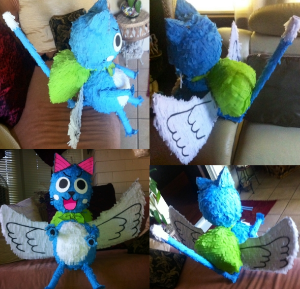A very interesting theory I've come across is Booker DeWitt = Andrew Ryan in YET another universe craeted by another chain of events (Or his son, who says the child in the after-credits has to be a girl?). At the end of Infinite during the brief visit of Rapture you are able to enter. The city already is in the fallen state of Bioshock 1. During this time period however the security- and transport system was on lockdown and coded to Ryan's DNA, only he and his relatives could operate it. Therefore DeWitt must somehow be related to Ryan, else he would have been able to operate the capsule leading to Rapture.
What do you think, a simple mistake by the devs or a at least plausible theory?
Existing User Log In
New User Registration
Register for a free account to gain full access to the VGChartz Network and join our thriving community.
































































